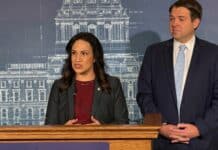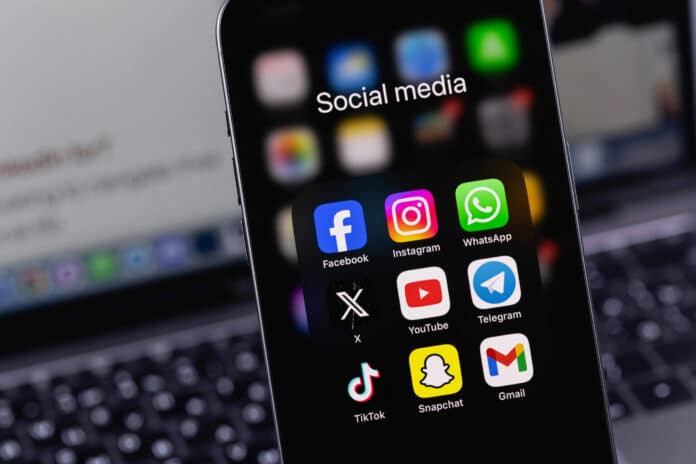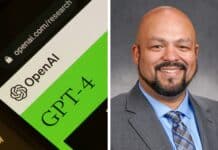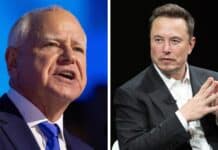Minnesotans across the state could put themselves in legal jeopardy by sharing AI-generated memes of political candidates this election season.
According to state law, any individual who shares a so-called “deepfake” meme or video of a political candidate during election season, without the consent of the candidate, and with intent to “influence the result of an election” could face incarceration and significant fines.
Artificial intelligence (AI) and its place in society has been a constant topic of debate amongst tech leaders and politicians in recent years. In the political world, online content creators and provocateurs routinely create AI-generated videos and memes, sometimes known as “deepfakes,” to satirize candidates and create outlandish or goofy videos of people in power.
Just days ago, Tesla CEO and X owner Elon Musk shared a video which portrayed Vice President Kamala Harris, the presumptive Democratic nominee for president, mocking herself, her intelligence, her candidacy, and President Joe Biden. The voice heard in the video, which was not Harris’ but sounded identical, was produced using AI technology.
Outraged at the humorous lampoon of Vice President Harris, California Gov. Gavin Newsom, a Democrat, said such videos should be illegal. The governor then pledged to sign legislation outlawing videos like the one Musk shared.
Musk replied to the left-wing governor, saying, “I checked with renowned world authority, Professor Suggon Deeznutz, and he said parody is legal in America.”
While Newsom issued a pledge to make AI-generated deepfake videos illegal in California, politicians in Minnesota already passed a law which outlaws individuals from sharing AI-generated deepfakes of political candidates in certain situations.
In 2023, Democrats and Republicans in St. Paul passed HF 1370 into law, a bill which regulated the sharing of deepfake content. One portion of the bill included a commonsense measure to ban the nonconsensual sharing of deepfake videos that depict individuals engaging in sexual activity.
HF 1370 also contained a separate elections provision which has caused concern amongst some free speech advocates.
This separate elections provision regulated the sharing of AI-generated deepfake memes, videos, and sound recordings which depict a political candidate engaging in any speech or any conduct they did not actually engage in. Under the elections provision of HF 1370, a person who shares such content within 90 days of an election, without the consent of the candidate, and with intent to “influence the result of an election” is guilty of a crime and could face incarceration and significant fines.
As such, sharing an AI-generated deepfake meme that depicts only a political candidate saying something funny, incorrect, or outlandish could come with legal consequences in Minnesota.
In 2024, Democrats passed another bill which increased both the scope of the deepfake elections law and its penalties.
Under the updated law, Minnesotans are still banned from sharing AI-generated deepfake memes of political candidates if the sharer does not have the candidate’s consent and if the sharer’s intent is to “influence the result of an election.” However, such activity is now banned if the sharing occurs either within 90 days of a political party nominating convention, or after the voting period has begun for a primary or general election. This new language replaced the timeframe in the earlier version of the law.
Additionally, if a political candidate is convicted of breaking this state law they will be forced to forfeit their nomination for the office they are seeking. Similarly, a person convicted of breaking this law would be barred from receiving appointment to vacant public offices.
The 2024 additions to the deepfake elections law became effective on July 1, 2024.
Jeremy Munson, a former member of the Minnesota House of Representatives, warned that the deepfake elections law could be weaponized against legitimate candidates who simply retweet a goofy parody video of another politician.
“Next year, when our Republican nominee runs against Tim Walz and is gaining ground in the fall, the Walz Administration may arrest and charge the candidate in Ramsey County Court for a re-tweet of a viral video,” said Munson.
The former Republican lawmaker continued, “Legislators should not have empowered the lawfare state with more tools to jail or remove candidates from the ballot and to penalize activists. Worse, this law will have a chilling effect on the free speech of others. Those who are now afraid to speak up and share information on a candidate suffer the most.”











